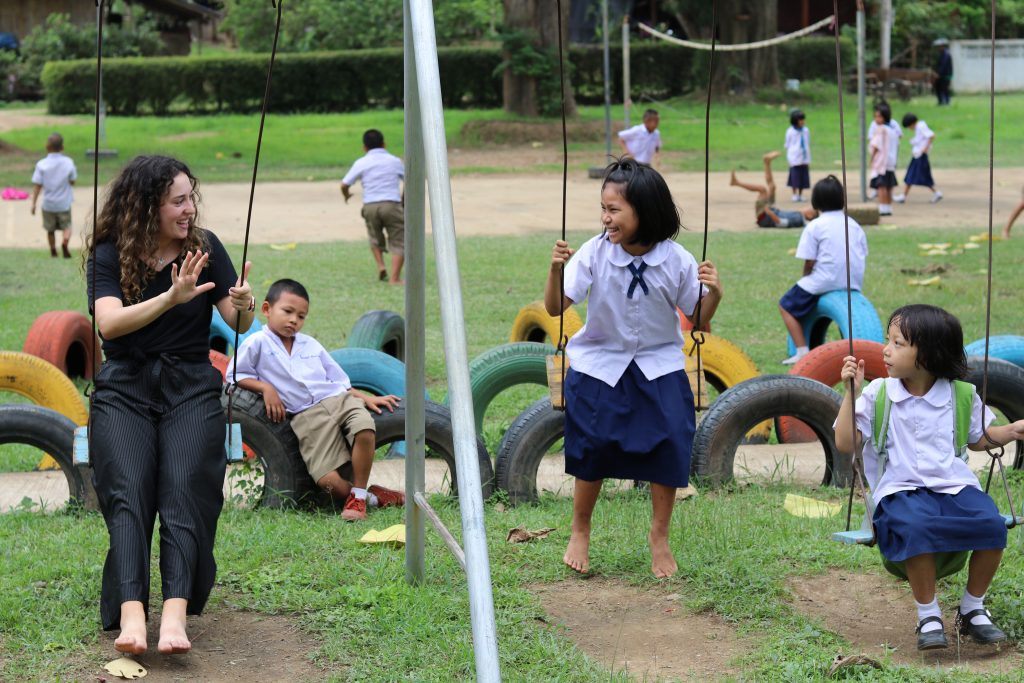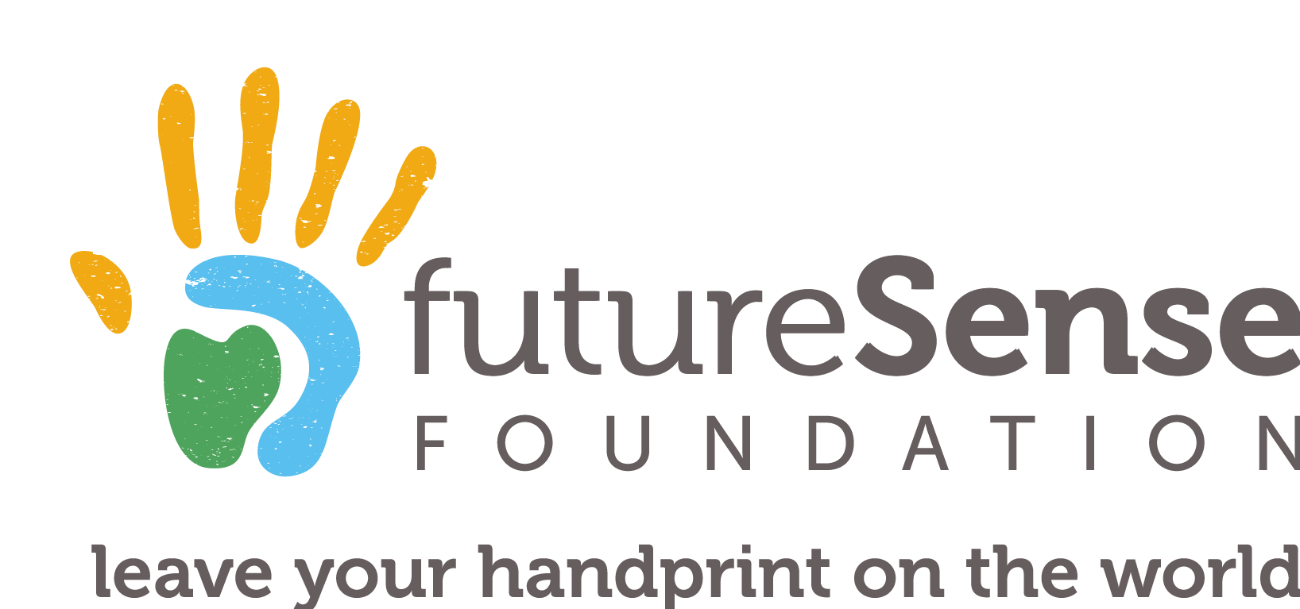Thailand
Overview
Thailand, the country of pristine beaches, lush forests and smiles, is host to thousands of tourists each year and is, in many ways a very developed country, faring well internationally when compared to its peers in areas such as gender equality, food waste and economic opportunities. What is sometimes missed however, is that the Kingdom of Thailand is equally diverse in its role as the home for over 70 ethnic minorities, living in the rural areas of the country close to its international borders. Despite the seemingly high statistics of the country, Thailand struggles to close the gap between rural and urban areas when it comes to achieving the global goals set out by the UN SDGs. Ethnic minority communities in particular are often comparatively more disadvantaged due to their geographical location, ethnic status, language barriers and legal status in the country.
Our efforts are mainly focused on supporting disadvantaged Karen and Lawa communities in Mae Sariang District and Hilltribes in the Mae Hong Son Province.
Population:
69 million
GDP:
505 billion
Life Expectancy:
76 years
The Challenges
The diversity and the vastly differing landscapes in Thailand mean the rural and urban gap is continuing to grow. Thailand has made significant progress in social and economic development over the last decades, shifting it away from being a low-income country. While the urban areas grow, the disadvantages are becoming more pronounced among rural villages habituated by ethnic minorities.
Education
7.2% of the Thai population live below the poverty line, with this number being four times as high in rural areas. With less than 50% of lower-secondary graduates having minimum proficiency in basic subjects, despite 15 years of free education for all, the need for more holistic, engaging and creative education is significant.
Health
Healthcare in the cities of Thailand is globally known as high quality, but moving to rural areas, communities are often faced with limited access to emergency first responders, health workers and hospitals. 10 of Thailand’s most common causes of pre-mature death are largely preventable through life style changes and by increasing access to quality first-aid and healthcare.
Livelihoods
While only 7.2% of the population live below the poverty line, this number doubles when including individuals living only slightly above it (15.5%), and is as high as 33% in some of the most disadvantaged communities located along the North-Western border. With most of the rural population relying on agriculture as a livelihood, they become very vulnerable to climate change impacts.
Our Programmes
To ensure a truly sustainable approach we work towards the shared ambitions of the 2015 Sustainable Development Goals (SDGs) and the Sufficiency Economy Philosophy (SEPs) introduced by His Majesty the late King. The SEPs focus on building capacity, and sustainable and balanced ways of life through, for example, sustainable agriculture (subsidised for low income farmers) and environmental protection.
Conversational English
Formal education in several of the areas where we work with are lacking, and informal education is shaped by cultural and often old-fashioned stereotypical views. The Thai formal education system, while structured and more universal, utilizes Rote learning techniques, which can suppress independent thinking and creativity. It is therefore important to offer diverse, creative and inspiring educational support to students, to empower and inspire them to learn and gain important skills to further increase their educational and professional opportunities and become active members of their communities, and leaders of the future.
Teacher training
A large percentage of teachers in Thailand, especially in the rural areas, have limited education and English proficiency. The schools often have a lack of teachers and are relying on only a few to teach all subjects. This often leads to watching educational videos and other less engaging teaching measures. Our aim is to help teachers build more engaging lessons as well as improve their proficiency in English.
Through our workshops in Creative Arts and Career Developing Life Skills we aim to inspire creativity and critical thinking. By providing students with education outside of the traditional education system and style, we aim to prepare them for life outside and after school by enhancing their abilities within problem solving, conflict resolution, communication, social skills, team work and leadership.
Emergency Response
Access to quality first aid and healthcare is limited in the rural hilltribe villages that we partner with. We are therefore working with the local first responders in the nearest town along with the local health clinics and hospitals to provide them with quality training in first aid & safety. We also collaborate with them on community out-reach projects to conduct community health screenings as well as delivering community workshops to raise awareness and increase the community members proficiency in administering basic first aid treatment.
WASH
Most households in Thailand have access to water and sanitation facilities which includes our Hilltribe partner villages. They however, face challenges as a result of environmental aspects such as droughts, floods and power cuts. Droughts and power cuts can limit the access to flowing water with floods increasing the risk of contamination of safe drinking water. We work towards raising awareness on proper WASH practices to avoid the spread of illness and disease, conservation of water and how to ensure the safety of drinking water.
Nutrition
Micro-nutrient malnutrition is a big health concern in Thailand as average rural diets often consist of high intakes of protein, carbohydrate, salt and refined sugars. Many illnesses and diseases experienced in the communities can be reduced with the help of dietary lifestyle changes. We therefore work towards raising awareness on nutrition and living a healthy lifestyle in our partner schools and communities.
As most of the rural population relies on agriculture and handicraft making as a source of livelihood, we are continuously exploring opportunities for the development of Social Enterprises in the communities. Our aim is to aid the communities set up self-sustainable Social Enterprises that provide a source of income to the local community while addressing social challenges through financially and environmentally sustainable approaches.
We partner with the Elephant Nature Park to work on Animal Welfare and Environmental Conservation. The ENP works to save and protect Elephants from the tourist market where they often end up in a circus or being ridden. The ENP also engages in other conservation projects such as sustainable coffee production.
We also work to raise awareness on Environmental Sustainability through delivering workshops related to recycling, waste management, sustainable lifestyle changes, sustainable food production and consumption, and also contribute towards community projects such as cleaning up plastic waste and recycling projects.
These areas directly tie in with a shared focus of the Sustainable Development Goals numbers 1-6, 10, 13, 15 and 17 and the SEPs

